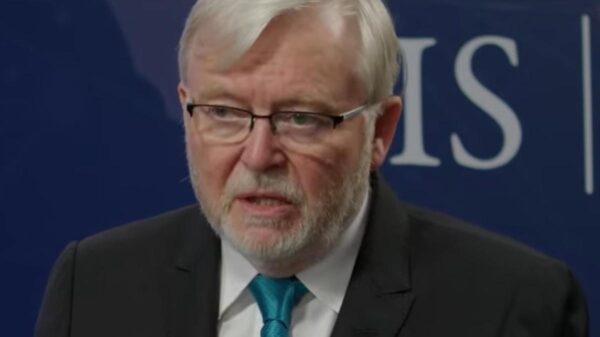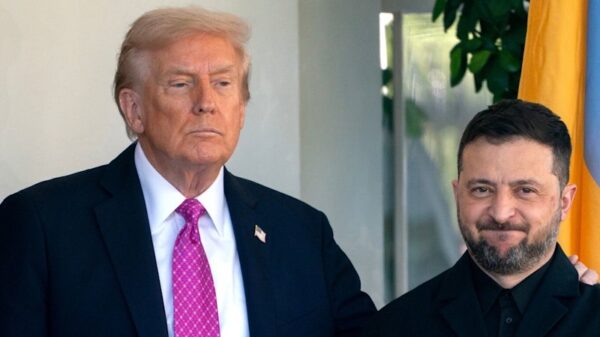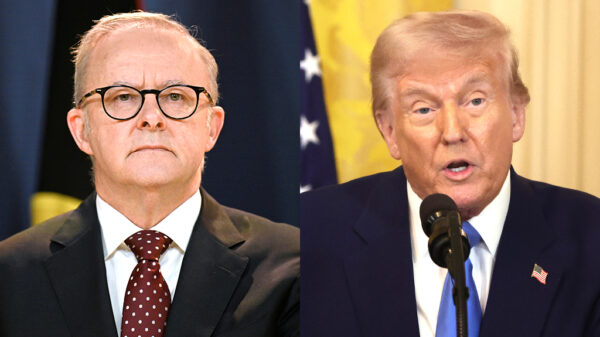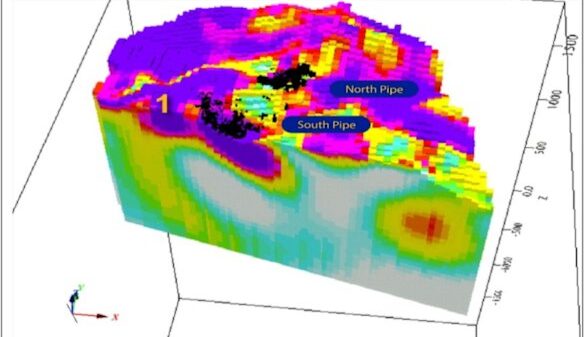Researchers from Leiden University in the Netherlands, along with colleagues from the University of Science and Technology of China and the Hangzhou Institute for Advanced Study, have confirmed genuine quantum behavior in quantum computers that utilize up to 73 qubits. This groundbreaking study offers significant insights into the fundamental principles of quantum mechanics and enhances the understanding of quantum computing capabilities.
As quantum computing technology advances, a critical challenge remains: how to distinguish between authentic quantum behavior and classical behavior that merely resembles it. The team of physicists conducted extensive experiments that not only demonstrated the operational effectiveness of their quantum systems but also validated that these systems adhere to the complex rules of quantum mechanics.
Significance of the Findings
The research, published in March 2024, marks a pivotal moment in the field of quantum physics. By certifying the quantum behavior of a system with 73 qubits, the researchers provide a clearer framework for evaluating larger quantum systems in the future. This accomplishment is expected to pave the way for more advanced quantum computers capable of solving complex problems beyond the reach of traditional computers.
The study employed a variety of techniques to analyze the behavior of the quantum bits, focusing on how they interact with one another and how these interactions manifest in measurable outcomes. According to the researchers, this rigorous examination confirms that the system operates in accordance with quantum principles, further validating the potential of quantum technology.
Implications for Quantum Computing
The implications of this research extend beyond theoretical physics. With the successful demonstration of quantum behavior, industries that rely on computational power, such as pharmaceuticals, finance, and logistics, could soon harness the advantages of quantum computing. The ability to perform operations that are currently infeasible with classical computers could lead to significant breakthroughs in various fields.
In a statement, Professor Lodewijk V. A. D. van den Heuvel from Leiden University emphasized the importance of this work: “Our findings not only prove that larger quantum systems can operate as expected under quantum mechanics but also inspire confidence in the future of quantum technologies.”
This study represents a collaborative international effort, showcasing the strength of interdisciplinary research in advancing the field of quantum mechanics. The findings underscore the importance of continued investment and exploration in quantum technologies, as they hold the key to solving some of the most pressing challenges in science and industry today.
As the research community continues to push the boundaries of what is possible with quantum computers, the results from this study serve as a promising indicator of the future capabilities and applications of quantum technology.





























































